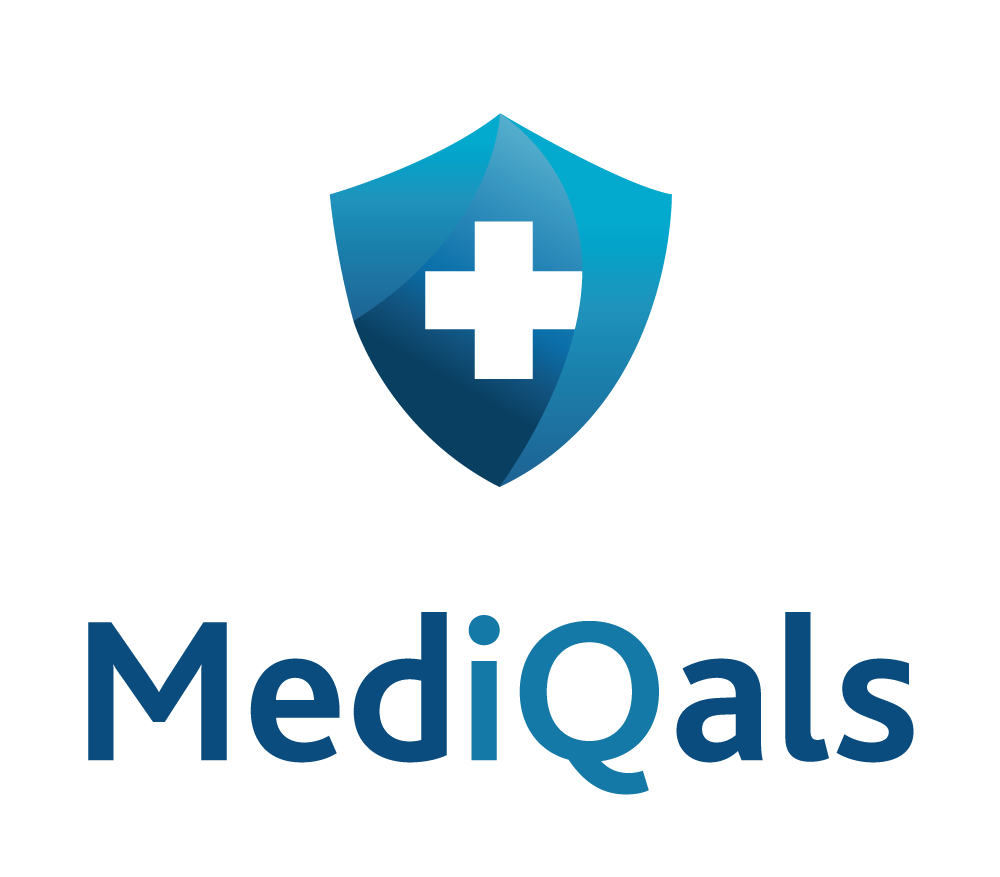
Training covers group facilitation techniques, conflict resolution, and understanding addiction and recovery. Ongoing support includes regular check-ins, additional resources, and feedback sessions to help peer leaders refine their skills and stay effective in their roles. Volunteering supports addiction recovery by providing you with a sense of purpose and fulfillment. Volunteer work helps people in recovery focus on the well-being of others, which not only boosts self-esteem but also shifts attention away from personal struggles.

Marlatt Relapse Prevention Model
They offer opportunities for social interactions in a healthy environment that encourages lighthearted fun and laughter. These activities reduce isolation and build supportive relationships in a fun, stress-free environment. They help you form positive, addiction-free memories and strong bonds.
- To prevent a relapse, you will want to remove triggers, including places, people, or purchases that may bring about urges to use again.
- A relapse prevention plan helps a person to identify the initial phases of a relapse – emotional and mental – before a physical relapse occurs.
- You may practice coping techniques such as breathing exercises, regulating emotions through journaling, saying “no” to situations that do not serve your recovery, and exercise.
- They can help identify and treat any underlying issues that could increase your risk of relapse.
- It can be hard to distance yourself from others but know that there are people who will support your recovery efforts.
- Your relapse prevention plan can detail how you will connect with loved ones who supported you through the treatment process.
Ensuring a Supportive Environment

A relapse prevention plan can help you identify triggers, develop coping skills, and understand who is ready to help you in a crisis. The model also details how both specific and global strategies can be used to reduce the risk of relapse. A relapse prevention plan helps a person to identify the initial phases of a relapse – emotional and mental – before a physical relapse occurs. Cravings can be dealt with in a great variety of ways, and each person needs as array of coping strategies to discover which ones work best and under what circumstances.
Understanding Relapse
- If you’re going through treatment, have developed a relapse prevention plan, and are thinking about getting into a sober living or IOP program to augment your recovery, we can help.
- In the absence of an emergency plan for just such situations, or a new life with routines to jump into, or a strong social network to call upon, or enhanced coping skills, use looms as attractive.
- These skills reduce financial and employment-related stressors by preparing you for responsible and sober living.
- As you progress through your recovery journey, it’s important to reassess your triggers, warning signs, coping strategies, and support systems.
- While some may never relapse, others may relapse several times at some point during recovery.
You’ll learn how to deal with challenges healthily and keep moving forward in your journey to stay sober. One particularly notable innovation to the Relapse Prevention (RP) model is Mindfulness-Based Relapse Prevention (MBRP). In this related approach, clinicians teach patients mindful meditation to help them cope with potentially triggering thoughts, feelings, and situations. However, if relapse prevention plan you’re serious about staying sober, it can provide structure and guidance, empowering you to manage your recovery actively. Once your triggers and coping skills are identified, spend some time figuring out the skills you need to work on or develop to ensure you can access them when needed. Identify people who can provide emotional and practical support when you find yourself triggered.
Stay consistent with your boundaries; this will help others respect them. You can also encourage an open dialogue by asking for their thoughts https://ecosoberhouse.com/ and feelings about your recovery process. This can strengthen the relationship and make them feel involved and valued in your journey.

For example, if someone with substance use disorder notices that they are feeling more anxious or agitated than usual, that may be a sign that they are at risk of relapsing. I, _______________________, commit to using this relapse prevention plan to support my recovery journey. I understand that recovery is a process, not a destination, and I am committed to doing the work necessary to maintain my sobriety. Recognizing these warning signs early on can help prevent full-blown relapse and encourage individuals to seek help before it’s too late. This knowledge can also aid in creating individualized relapse prevention plans that cater to specific needs.
Care for yourself
- Although he started going to therapy sessions, Jack felt increasingly isolated, which intensified his cravings.
- Substance abuse and mental health expert Terry Gorski has a nine-step relapse prevention plan that can help you recognize and manage relapse warning signs.
- This type of visualization helps you envision a healthy, alcohol or drug-free future and keeps you motivated to stay sober.
- By addressing these important aspects, individuals can better understand their vulnerabilities, develop effective strategies, and enhance their resilience against relapse.
- Relapse prevention is one of the main goals of drug or alcohol treatment programs.
- Patients treated for substance use disorder often fall back to their old addictive habits, which becomes a source of frustration for them and their families.
Use of a substance delivers such an intense and pleasurable “high that it motivates people to repeat the behavior, and the repeated use rewires the brain circuitry in ways that make it difficult to stop. Evidence shows that eventually, in the months after stopping substance use, the brain rewires itself so that craving diminishes and the ability to control behavior increases. The brain is remarkably plastic—it shapes and reshapes itself, adapts itself in response to experience and environment.
- Recovery group activities can equip you with techniques and skills to handle stress, which is a known trigger for drug and alcohol abuse.
- Support can come from various sources, including friends, family, support groups, or professionals.
- This helps you anticipate high-risk situations and develop effective coping strategies if you have no choice but to be in those situations.
- Equally important is to learn to identify situations that carry high risk of relapse and to develop very specific strategies for dealing with each of them.
- It’s a complex process that can begin long before a person actually picks up their substance of choice again.
Try to brainstorm a list of scenarios that could lead to potential relapse and list the warning signs of relapse. Some people begin to feel, think or behave differently when a relapse is brewing. Regardless, it is important to consider the following items when creating a relapse prevention plan. The findings reveal, in short, that individuals who have experienced trauma are more susceptible to relapse, underscoring the importance of addressing trauma in addiction treatment.

